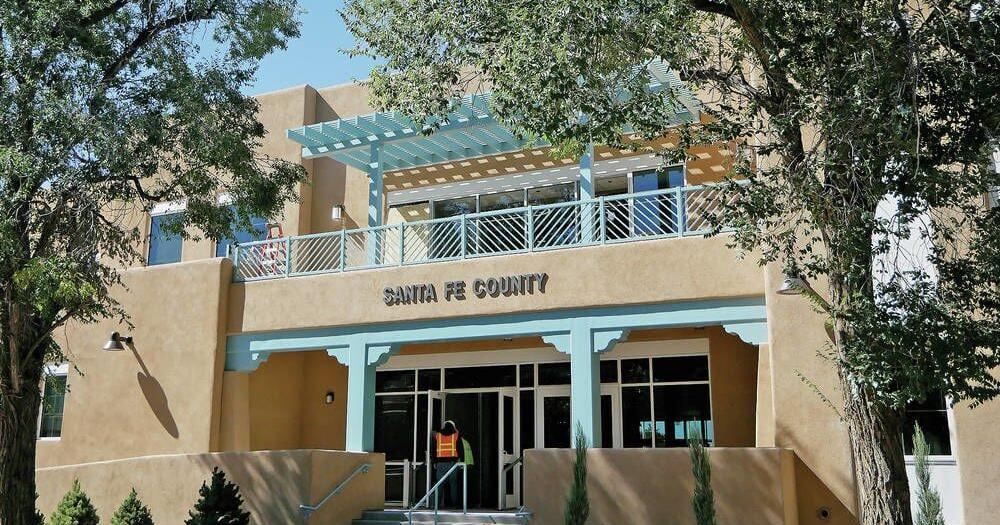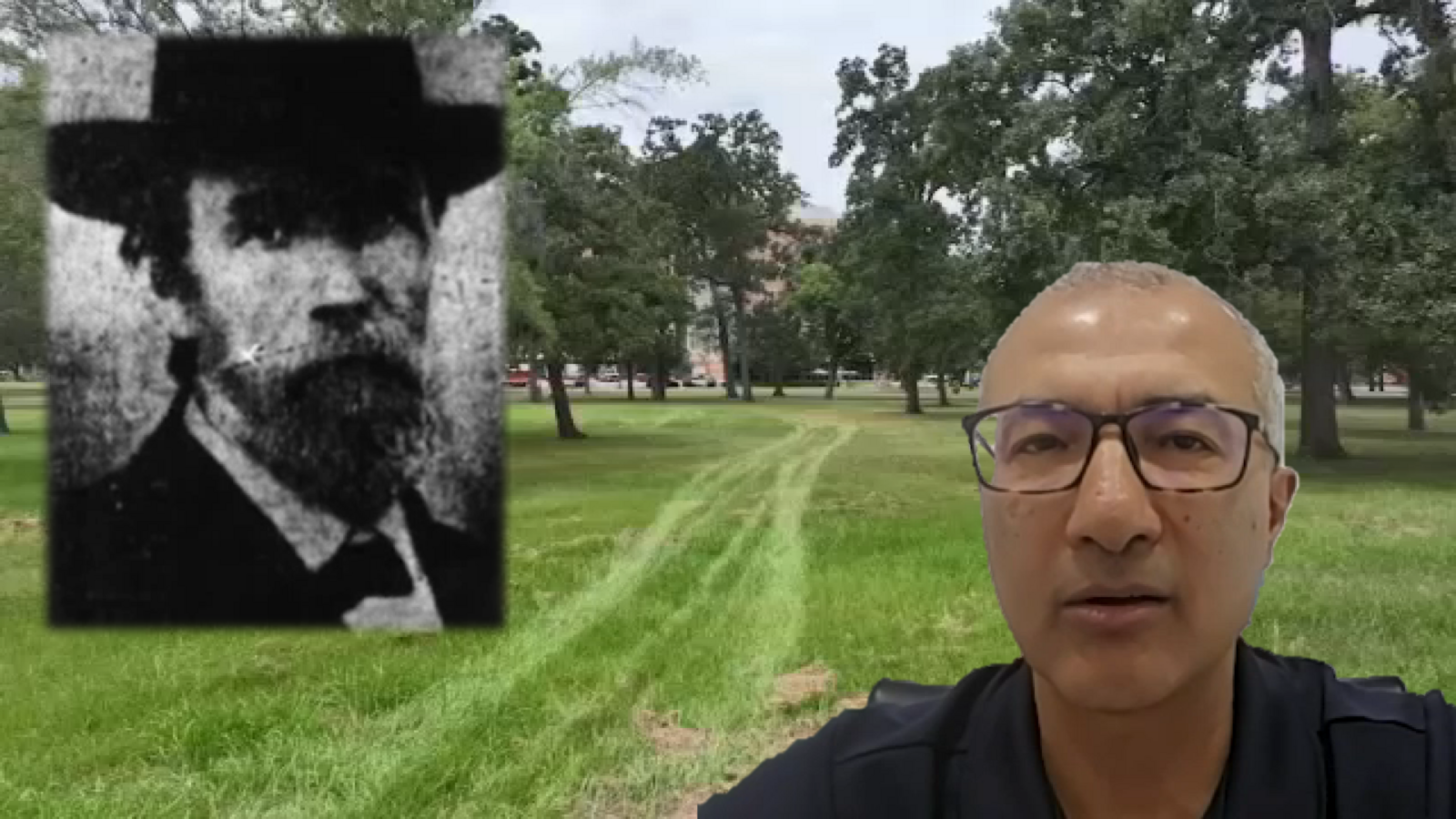California Axes 900,000 from Healthcare Roll - What Does This Mean for Kiwis?

California's recent decision to remove approximately 900,000 individuals from its Medicaid program (known as Medi-Cal in California) has sent ripples across the healthcare landscape. While the move is attributed to a combination of factors, including the end of pandemic-era protections and stricter eligibility requirements, it raises significant questions about access to healthcare for vulnerable populations. For New Zealanders, understanding this situation offers a valuable perspective on healthcare policy challenges faced by large, developed nations, and highlights the importance of robust, accessible public health systems.
Why the Rollback?
The primary driver behind this significant reduction in Medi-Cal enrollment is the unwinding of a COVID-19 pandemic policy. During the pandemic, states received federal funding to keep enrollees continuously insured, even if their income exceeded eligibility limits. This provision expired in April 2023, triggering a mandatory review of each enrollee's eligibility. California, like other states, is now working through this backlog, and many individuals are finding themselves no longer qualify or haven't completed the renewal process.
Furthermore, California has implemented stricter eligibility requirements. While the state's income thresholds remain relatively generous compared to other states, any changes in income or household size can impact eligibility. The process for verifying this information can be complex, and many eligible individuals may be inadvertently removed from the rolls.
The Impact on Californians
The consequences of losing Medi-Cal coverage are profound. Without health insurance, Californians face significant financial risks in the event of illness or injury. Even routine medical care can become prohibitively expensive, leading to delayed treatment and potentially worsening health outcomes. This is particularly concerning for low-income families, seniors, and individuals with pre-existing conditions.
Advocacy groups and healthcare providers are raising concerns about the potential for a surge in uncompensated care, which can strain hospital resources and drive up costs for everyone. There are also fears that vulnerable populations will fall through the cracks, particularly those who are unaware of their loss of coverage or face barriers to accessing alternative insurance options.
Lessons for New Zealand?
While New Zealand's healthcare system operates differently—with publicly funded healthcare available to all citizens and permanent residents—the California situation provides valuable lessons. It underscores the importance of:
- Streamlined Eligibility Processes: Ensuring that eligibility processes are clear, accessible, and easy to navigate is crucial to prevent unintentional disenrollment.
- Proactive Outreach: Regularly communicating with enrollees about potential changes in eligibility and providing support to navigate the renewal process can help maintain coverage.
- Robust Safety Nets: Having strong safety nets in place to provide access to affordable healthcare for those who fall outside of traditional insurance coverage is essential.
The California experience serves as a reminder that even in systems with generous social safety nets, challenges remain in ensuring universal access to healthcare. By learning from these challenges, New Zealand can continue to strengthen its own healthcare system and protect the health and wellbeing of its people.
Looking Ahead
California officials are working to mitigate the impact of the rollbacks by increasing outreach efforts and simplifying the renewal process. However, the situation highlights the ongoing need for vigilance and reform to ensure that all Californians have access to the healthcare they need. The long-term effects of this policy shift remain to be seen, but it undoubtedly presents a significant challenge for the state and a valuable case study for other nations grappling with similar issues.






